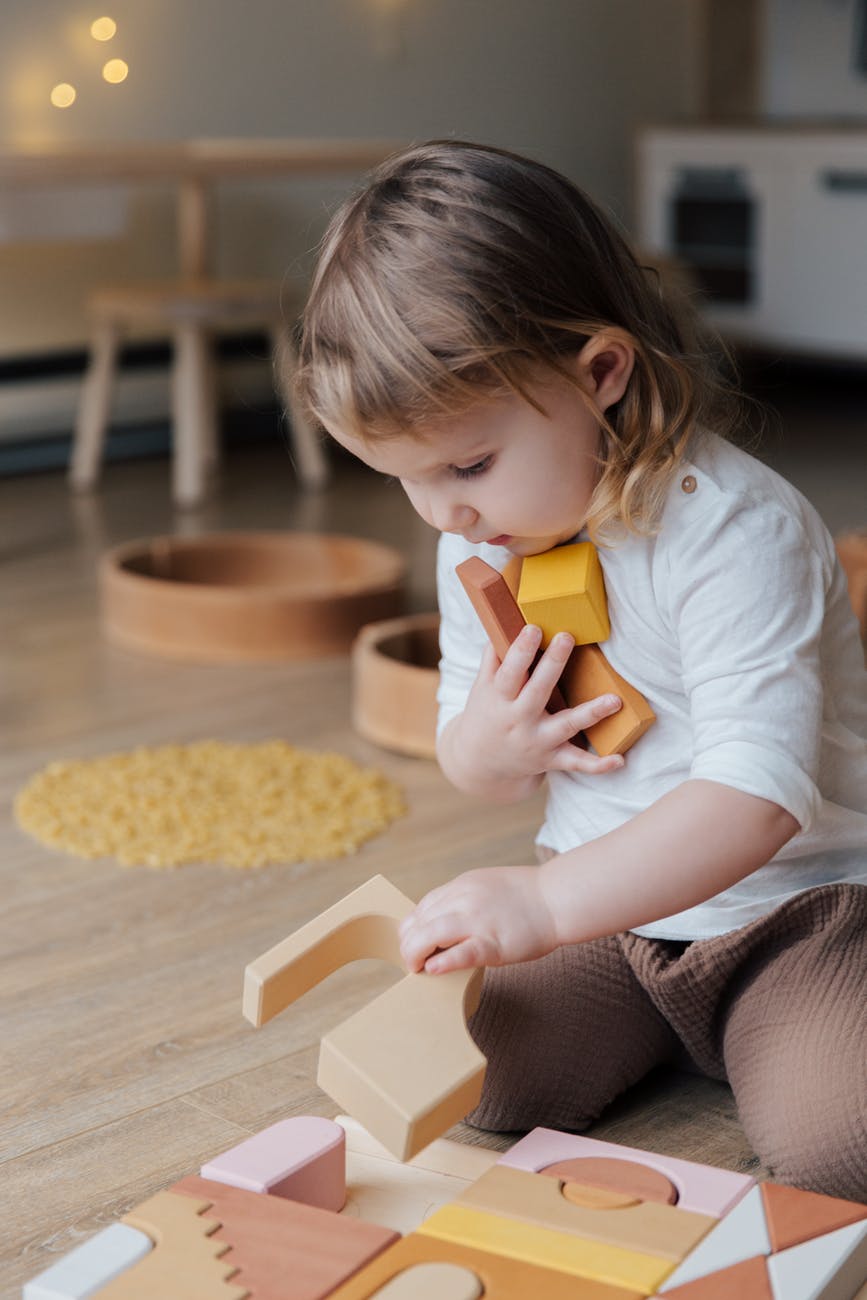How to Prepare Your Home for a Baby?
Families, where both parents have full-time jobs, need to efficiently optimize their time and obligations.
This becomes even more obvious when they decide to start a family.
Preparing your home for this new situation will help you arrange your daily obligations more easily.
In this article, we’ll share some common tips that will improve the safety and organization of your household.
1) Optimize the number of items you use
When partners live alone, they usually don’t pay too much attention to the number of things they buy and use. They don’t have to adapt to other people, which often results in hoarding too many unused items.
If you keep with the same routine, you’ll have to cope with mess and clutter with a little baby in the house.
Therefore, it’s necessary to inspect your entire home and throw away all the things you don’t need.
Start with the living room and proceed to the future nursery room. That way, you’ll prepare the common family space and the baby’s room on time.
After that, keep on decluttering your own room and all other areas, until you declutter the entire home.
Now that you’ve put everything in order, you can sit down with your partner and make rules for future shopping and storage.
2) Replace old appliances
Things happen fast with kids. Today they’re born and before you know it, they start crawling and toddling.
Once they start moving on their own, the space around them poses a potential threat to babies’ health.
In that light, you should check your household appliances. On some older devices, there might be issues with old cables, broken controls or unsafe installations. As such, they could be dangerous for kids.
So, it would be wise to have an electrician check all your appliances and devices that will be within the baby’s reach. You’ll see which ones you should replace after consulting this professional.
Additionally, secure the stove by installing stove guards and insulating burner controls so that babies and toddlers can’t switch them on.
3) Set up a baby’s corner
We’ve already mentioned that you should declutter your home, especially the spaces where the baby is going to spend most of her time.
If you don’t have a separate room for the baby, set up a baby’s corner. This is where you’ll put the crib, the changing table, and the baby’s cabinet. If you keep all the items for the baby’s care and hygiene in one place, you won’t waste your time and energy searching for those necessities.
In addition to sleeping and changing, babies need a playing space. In line with that, organize the area around the crib and the cabinet to ensure enough room for playing activities. And when you add a bookshelf to that space, where you’ll read bedtime stories, you’ve completed the entire baby’s corner.
4) Proof dangerous areas
If you let your babies crawl on the floor or when they start walking while holding to the furniture, you need to keep a good eye on them. They are extremely prone to injuries.
This means that you should proof all the areas that could be potentially dangerous for kids.
Start with the living room and the kitchen. First, examine all the sharp edges and potentially hazardous parts. Make sure to babyproof all the sharp corners or even replace some furniture items with some baby-friendly ones. For instance, if you have a rectangular kitchen table, replace it with around one. That way, you’ll reduce the risk of your kids ending up with scratches and other injuries.
Also, remove the key from the locks on the doors around your home. Babies and toddlers often lock themselves up in sleeping rooms or bathrooms. As a result, parents need to break doors and locks, which can lead to other injuries.
5) Ensure adequate assistance
Parents bring up their kids much differently today than in the past. The world is not the same and the attitude towards children has changed.
This results in restricted freedom for kids and many people become helicopter parents that constantly control their kids. While kids need care and attention, they also need to be encouraged to bring some decisions on their own. If you support your kids to be more autonomous, it’s more likely that they will soon be able to become independent adults.
